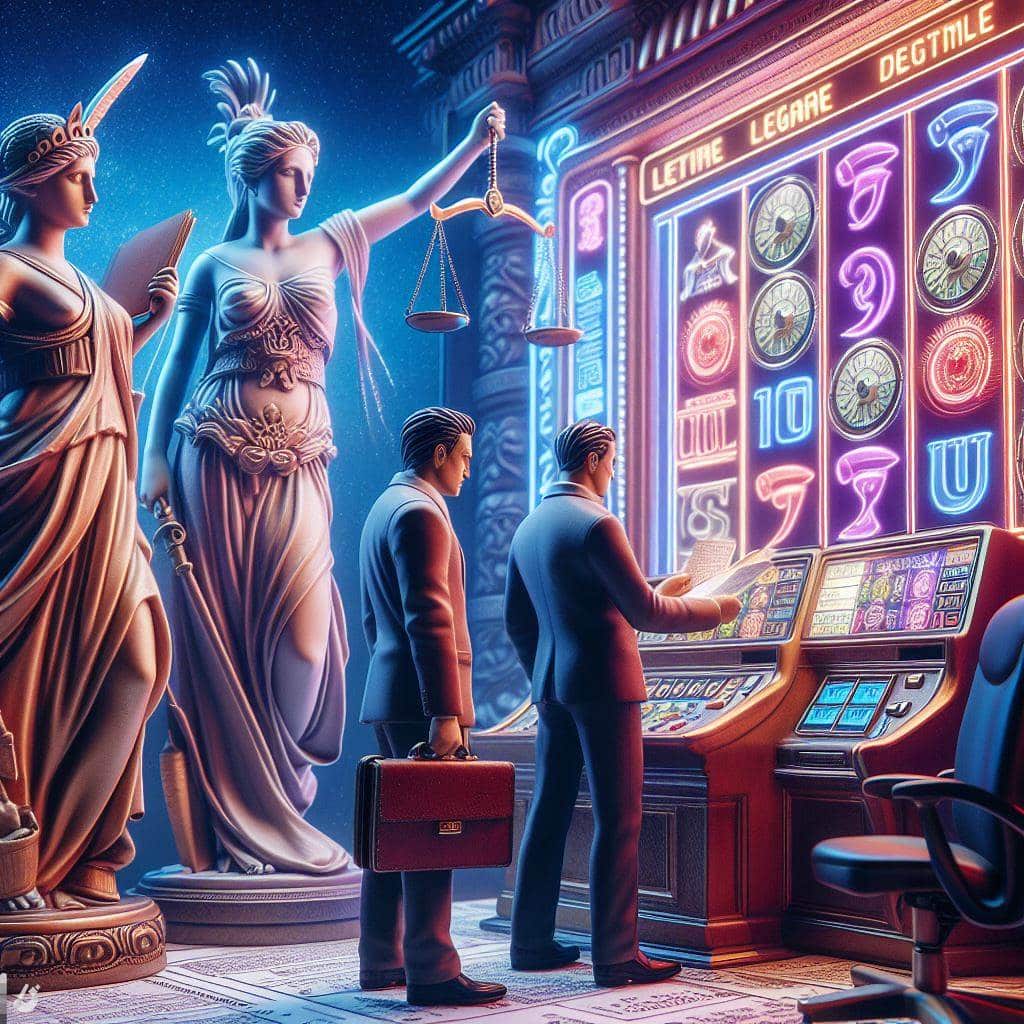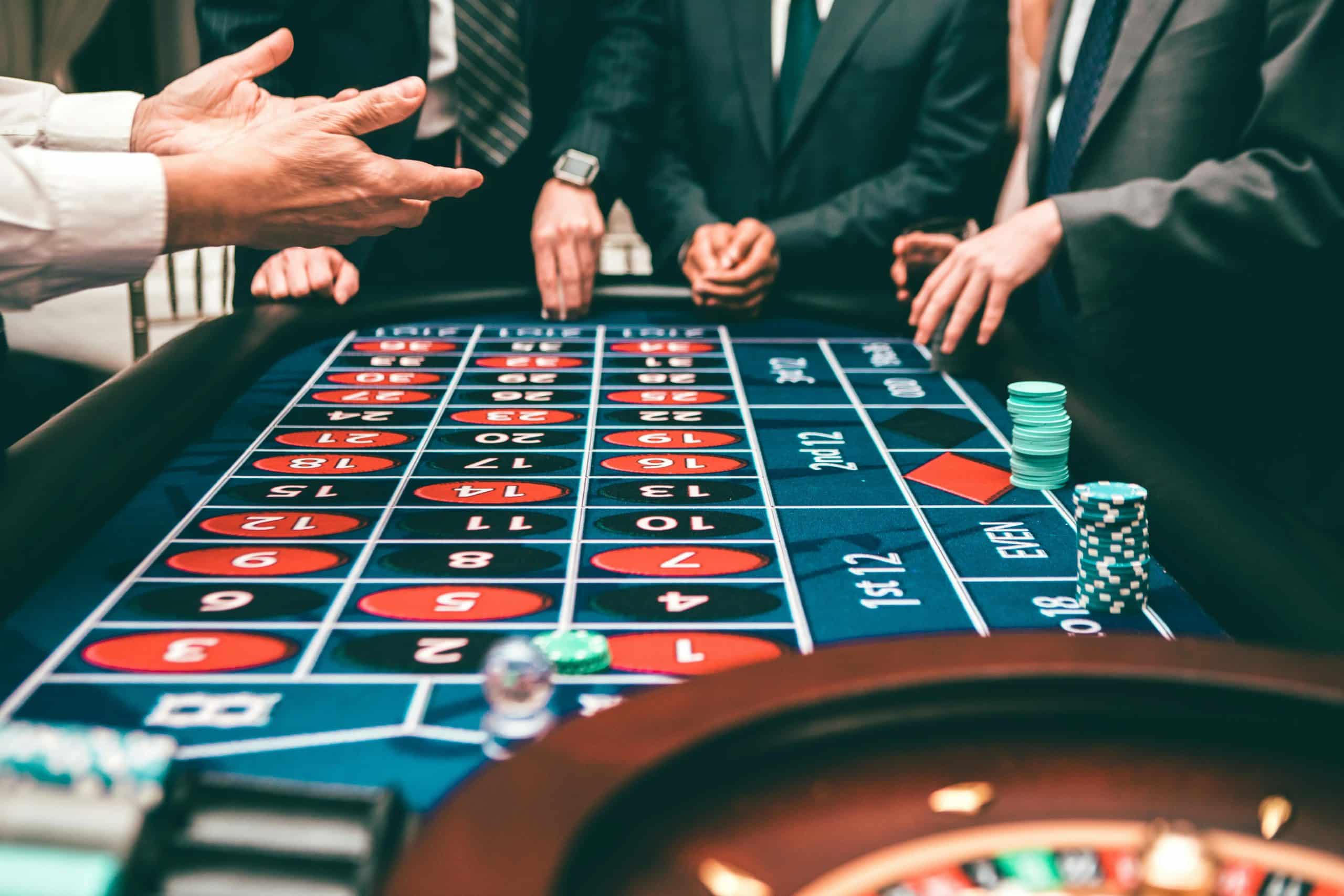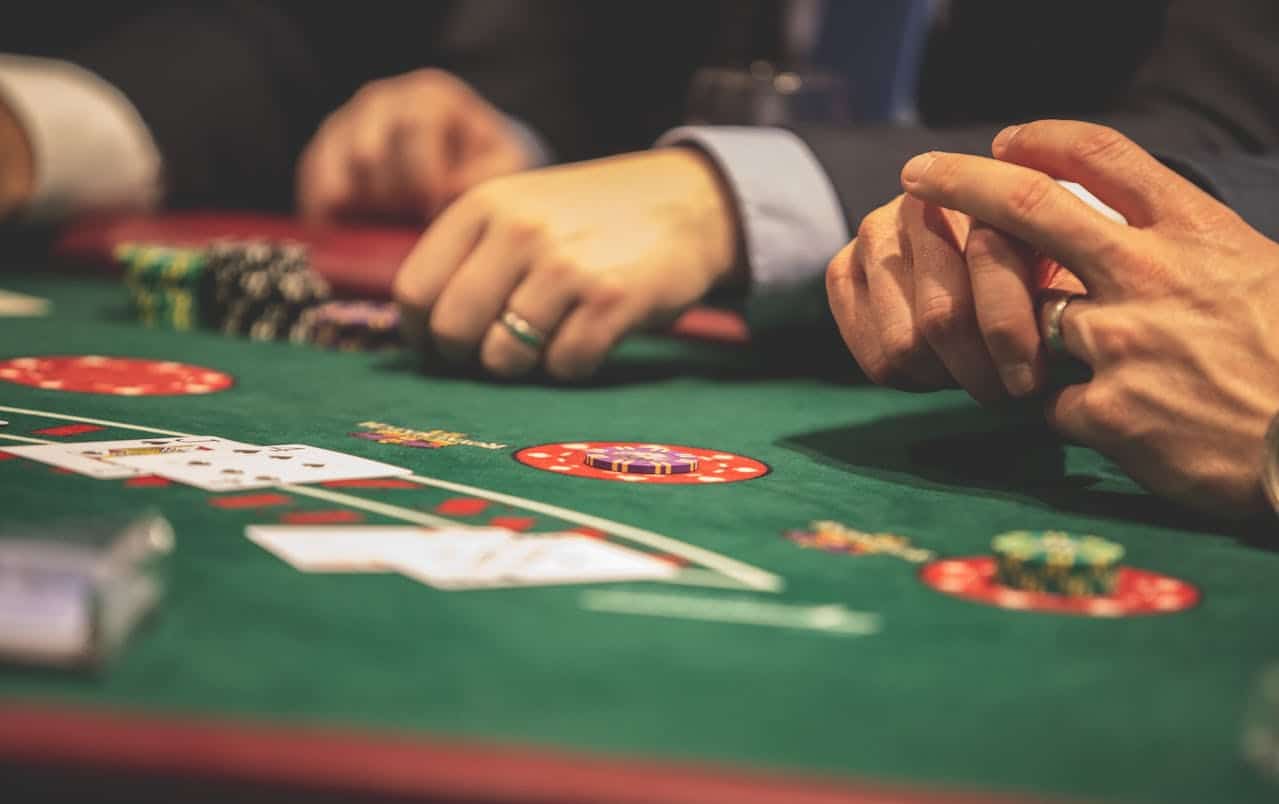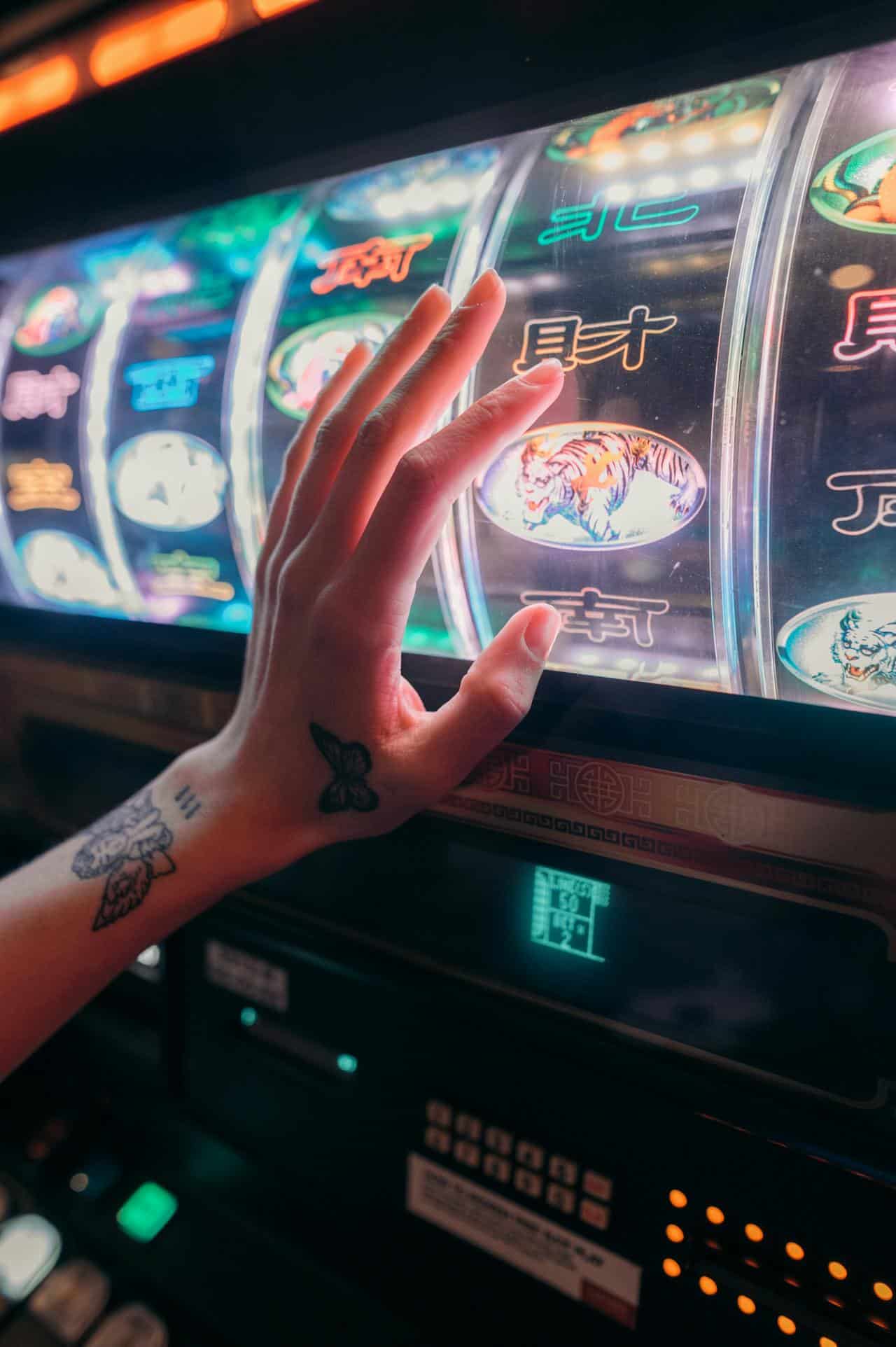Bingo is a popular game in the Philippines, enjoyed by many as a form of entertainment. Whether you’re playing in a social setting with friends or in a more organized, commercial venue, the question of whether bingo is legal in the Philippines is an important consideration. The good news is that bingo is indeed legal in the country, but it is subject to specific regulations and laws that govern how it is played and organized.
Bingo Regulation in the Philippines
In the Philippines, bingo is regulated by the Philippine Amusement and Gaming Corporation (PAGCOR), a government-owned corporation responsible for overseeing gambling activities within the country. PAGCOR’s mandate includes regulating various forms of gaming, including land-based casinos, online gaming, and bingo operations. Bingo, like other gambling activities, must operate under a license issued by PAGCOR to ensure it complies with the country’s laws and regulations.
PAGCOR is responsible for setting the rules for bingo operations, including the locations where it can be conducted, the age requirements for players, and the manner in which the games are organized. The law mandates that operators must obtain proper licensing before hosting bingo games, whether in physical bingo halls or through online platforms.
Commercial and Charity Bingo
Bingo games in the Philippines can generally be divided into two categories: commercial and charity bingo.
Commercial Bingo: Commercial bingo involves private entities running bingo halls for profit. These operations are regulated by PAGCOR, which ensures that the games are conducted fairly and transparently. Licensed commercial bingo establishments must adhere to specific rules, including payout percentages, game structure, and the use of certified bingo machines. This type of bingo is often played for cash prizes, with players purchasing bingo cards to participate.
Charity Bingo: Charity bingo is often organized by non-profit organizations, such as religious groups, schools, or charitable institutions. This type of bingo is typically played for the purpose of fundraising, and the prizes are often non-monetary or relatively small. Charity bingo events must also be licensed by PAGCOR to ensure compliance with the country’s gambling laws. These games are generally subject to less regulation than commercial bingo but still must follow basic legal requirements.
Online Bingo in the Philippines
Online bingo has also become popular in the Philippines, with several operators offering digital versions of the game. Online bingo is regulated by PAGCOR, which ensures that online platforms comply with local gambling laws and that they operate fairly and securely. Players must be at least 21 years old to participate in online bingo, in line with the country’s minimum gambling age.
Legal Considerations and Age Restrictions
As with all forms of gambling in the Philippines, there are legal age restrictions for bingo. The legal minimum age for participating in any gambling activity, including bingo, is 21 years old. This age requirement applies to both land-based and online bingo games.
Conclusion
Bingo is legal in the Philippines, but it is regulated by the Philippine Amusement and Gaming Corporation (PAGCOR), which ensures that the games are conducted fairly and legally. Commercial bingo operators must hold a valid license from PAGCOR, while charity bingo events also need to be approved by the same regulatory body. Whether you’re playing in a bingo hall or online, it’s important to participate only in licensed operations to ensure compliance with local laws and a safe, enjoyable gaming experience.





